City Council candidates for 2023 in Cambridge, polarized time with three new faces guaranteed
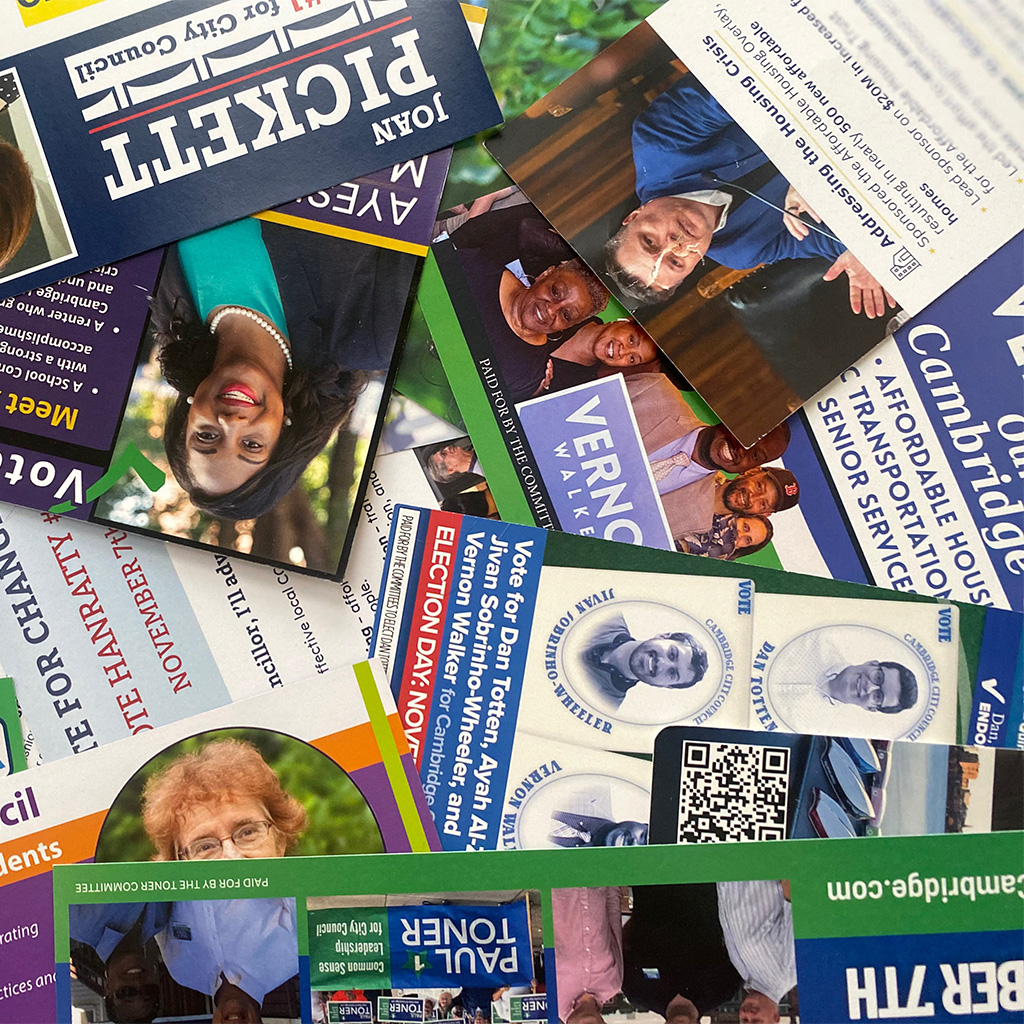
At the Cambridge election season’s fifth forum for City Council candidates at Porter Square’s Lesley University Hall, the moderator asked each candidate the same question: In 2050, how many people do they foresee living in Cambridge? Dan Totten, when it was his term to answer, said that he didn’t have a specific number in mind but would support building as much affordable housing as possible.
There was a minor eruption, with spectators shouting for a direct answer. Totten paused for a moment, tried to continue, but was shouted down again before he could finish. “Pass the mic. You’re done,” someone yelled.
This scene largely captures Cambridge’s present political atmosphere: tense, passionate and polarized.
In the Nov. 7 election, Cambridge voters will elect nine at-large city councillors, who will serve two-year terms. After they take office, the councillors will elect one of their own as mayor.
There are 24 candidates, among which are six incumbents – another three opted against reelection bids, meaning there will be a guaranteed three new faces on the council.
Many residents feel the polarization has accelerated in the lead-up to Nov. 7 voting. Personal attacks seem more common, many say, and the middle ground is deteriorating.
Candidates have echoed these feelings. “This election cycle has become very polarized and divisive on the issues and personal attacks on candidates,” councillor Paul Toner said in an email. “Very unfortunate.”
Partly driving it is conflict between two visions for Cambridge on the council. There are candidates who approve of the current political order and, on the whole, support three ordinances that have taken center stage throughout election season: the Cycling Safety Ordinance, updates to Affordable Housing Overlay zoning and the Building Energy Use Disclosure Ordinance.
Others believe the ordinances have fundamental flaws, or have had problems with their rollouts, and have articulated a vision different from the current council.
The groups
The opposing factions largely correspond with the candidate slates of two prominent civic organizations in the city.
A Better Cambridge, a volunteer group focused mostly on housing policy in the city, published a slate including Mayor Sumbul Siddiqui; councillors Burhan Azeem, Marc McGovern and E. Denise Simmons; former councillor Jivan Sobrinho-Wheeler; School Committee member Ayesha Wilson; and challengers Adrienne Klein, Joe McGuirk and Frantz Pierre.
These candidates are generally friendly to the current council’s agenda. As a whole, the group approves of the CSO, AHO and Beudo.
“I think this election season is a lot more about being against something than standing for a change,” Azeem said in an email. “I think we’re moving the city forward and I’m excited to continue the work.”
McGovern agrees with Azeem that the current council has moved Cambridge forward. “This council has passed some of the most progressive environmental policies in the country this term,” McGovern said at the Porter Square forum. “I actually think this is a pretty darn good city to live in.”
Cambridge Citizens Coalition, a group of local leaders and activists, endorsed a very different group of candidates: councillors Patricia Nolan and Paul Toner; Wilson, the only candidate to appear on both lists; and challengers Doug Brown, John Hanratty, Federico Muchnik, Carrie Pasquarello, Joan Pickett, Hao Wang, Robert Winters and Cathie Zusy – a slate with more challengers and fewer incumbents.
This group is generally more critical of the CSO, AHO and Beudo, though it has more ideological diversity than the ABC slate. Whereas nearly all ABC candidates support the three key ordinances, CCC candidates are more split: Zusy, for example, is skeptical of Beudo, whereas Nolan supports it. But many CCC candidates are suspicious of the current council’s direction.
“As I campaign, I see widespread distrust of the City Council. The feeling is that the City Council has abandoned the community and pursued their own agenda,” Hanratty said at the Cambridgeport Neighborhood Association’s candidate night.
This year’s campaign season has added to the historic conflict between ABC and CCC. Before the previous municipal election in 2021, Cambridge residents linked to the two groups feuded publicly online over an incident involving a member of the East Cambridge Planning Team board and former Cambridge resident Loren Crowe.
Although these two groups are the largest and have drawn most of the attention, there are some smaller factions.
The most notable is the slate of Our Revolution Cambridge, a progressive political organization sparked by Bernie Sanders’ 2016 presidential campaign, which includes McGuirk, Sobrinho-Wheeler, Ayah Al-Zubi, Dan Totten and Vernon Walker. These candidates generally support the CSO, AHO and Beudo but have, in some cases, emphasized a need to go further than these ordinances.
On Beudo, which excludes residential buildings, Al-Zubi said, “We need to actually sit down and talk through what [Beudo] looks like for residential buildings and also continue to push on those commercial developments that are below 100,000 square feet.”
The issues
Addressing the city’s housing crunch is the top priority for many candidates. The AHO, as a result, has become the most controversial issue.
Coinciding with most of the election season, the council debated whether to amend the AHO, which originally passed in 2020. In mid-October, it passed these amendments with a 6–3 vote, increasing the by-right height of buildings with 100 percent affordable units to 12 stories along the city’s main corridors and to 15 stories in some squares. Nolan and Toner, the only incumbent candidates on CCC’s slate, were among those, with councillor Dennis Carlone, who voted against the amendments.
The widely publicized debate over these amendments has put the AHO in the crosshairs of some candidates. Winters, who served on the committee that drafted the original version of the AHO, has come out strongly against the ordinance.
“I was opposed to it then, and I’m opposed to the current revisions,” Winters said at a forum hosted by Harvard and MIT graduate students unions. “The proper way to have done this, which I said back at the Housing Working Group, was to have done this more as a special-permit process just like we do in Central Square.”
Other candidates, however, have defended the AHO as an important tool for starting to solve the city’s housing shortage. When asked at CNA’s candidate night about his proudest accomplishment, Sobrinho-Wheeler gave the following response: “It’s hard to choose a proudest accomplishment, but if I have to, it has to be co-sponsoring and helping pass the Affordable Housing Overlay when I was on the council previously.”
The second-most contentious issue of this cycle has been the CSO. Passed in 2019 and amended in 2020, the CSO requires the city to build some 25 miles of separated bike lanes within the next few years. Because of a perceived lack of community input as the city has rolled out the lanes, the ordinance has become the center of a debate about the council’s transparency.
Many candidates have said that bike lanes are important but got too little community input.
“I do believe that bike lanes are really important to our community,” Wilson said at the forum hosted by the graduate students unions. “I’m also a resident who lives right on Garden Street, who was greatly impacted by the challenge of the implementation of bike lanes and not included in the conversation.”
Another group of candidates has defended the CSO as crucial to protecting cyclists and pedestrians on the city’s streets.
“I was the lead sponsor on the first [version of the Cycling Safety Ordinance]. I stand by that,” McGovern said at the graduate students’ forum. “Ultimately, I want people from 8 to 80 to be able to get around this city safely, and I think the Cycling Safety Ordinance does that.”
After the AHO and CSO, Beudo has been this season’s third-most important issue, though it is a distant third.
Beudo was passed by the council in 2014 and amended in 2023.
It requires that large commercial buildings reach net zero emissions by 2035 and small commercial buildings do so by 2050. The ordinance excludes residential buildings.
Similar to the CSO, many candidates support the intentions of Beudo but not its rollout. Much of the Beudo debate has centered around its timeline, which some candidates see as too restrictive.
“I’m generally against forced conversion. We can save 50 percent to 70 percent of energy used without conversion. Let’s do that first,” Wang said at the forum hosted by CCC and a few other organizations. He added at the graduate students’ forum, “I support wholeheartedly the Beudo disclosure clauses. I don’t support the rigid timeline.”
Other candidates see strict deadlines as necessary to incentivize practical change against the effects of climate change. Totten noted that Cambridge’s climate policy is one of the most ambitious in the country.
“[Beudo] is 15 years faster than Boston. 2035 is the compromise. We have to be clear about that,” Totten said at the graduate students’ forum.
Polarization
Supporters of these different visions for Cambridge haven’t constrained their conflict to forums and policy debates – the polarization has, at times, spilled into the streets.
In early October, members of the Democratic Socialists of America, including Totten, picketed a CCC candidate celebration because they felt some of the group’s candidates had hate speech in their social media feeds. CCC asked police to watch over the event.
Around the same time, Election Commission staff asked for a larger police presence at polling locations, citing increased aggression. They also asked for a full-height, lockable door to replace the half-door at the Election Commission office.
Vandalism of candidate posters has been a problem throughout the cycle.
Feeling that centrifugal forces threaten to rip apart Cambridge, a few candidates have publicly opposed polarization itself.
Nolan has taken the lead. Throughout her campaign, she has spoken against what she sees as divisive “either-or” thinking.
“What stands out is the overly simplistic either-or, for or against positioning on complex issues – on affordable housing, bike lanes, climate, governance – which is distressing and hurts our community and prevents collaborative solutions,” Nolan said in an email. “I reject this polarization as corrosive to our community and instead seek a balanced, nuanced approach to issues.”
Wang has struck a similar note, describing himself as a “do both” candidate.
“My candidacy is not about ‘either-or.’ My candidacy is about ‘do both,’” Wang said at a forum at the YWCA in Central Square.
In his closing statement at the Porter Square forum, Brown summed up the division in Cambridge and his solution for it.
“The main reason I’m running is to end the divisiveness in this city that seems to be pervasive,” Brown said. “Ninety-four percent of the people in Cambridge voted for the current president, and yet we seem to fight over the 6 percent we disagree about … To use a math analogy, I think we need more addition and multiplication, and less subtraction and division.”
![]()
The challengers
In alphabetical order
![]()
![]()
The incumbents
In alphabetical order

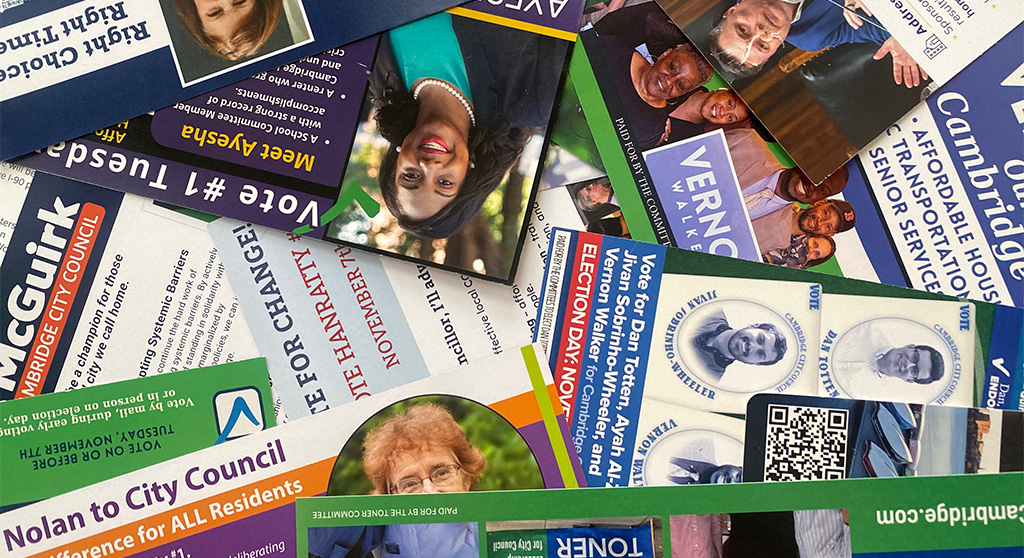

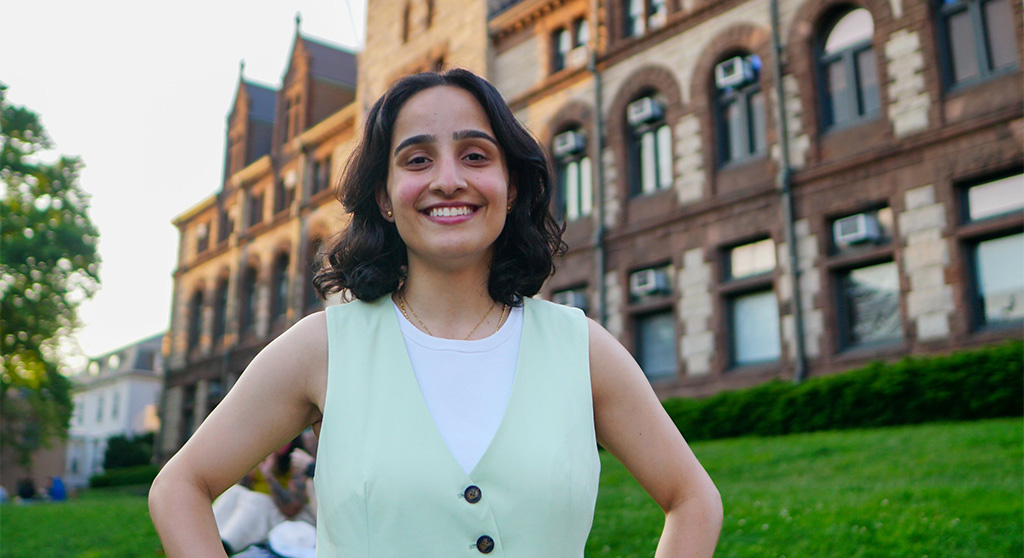
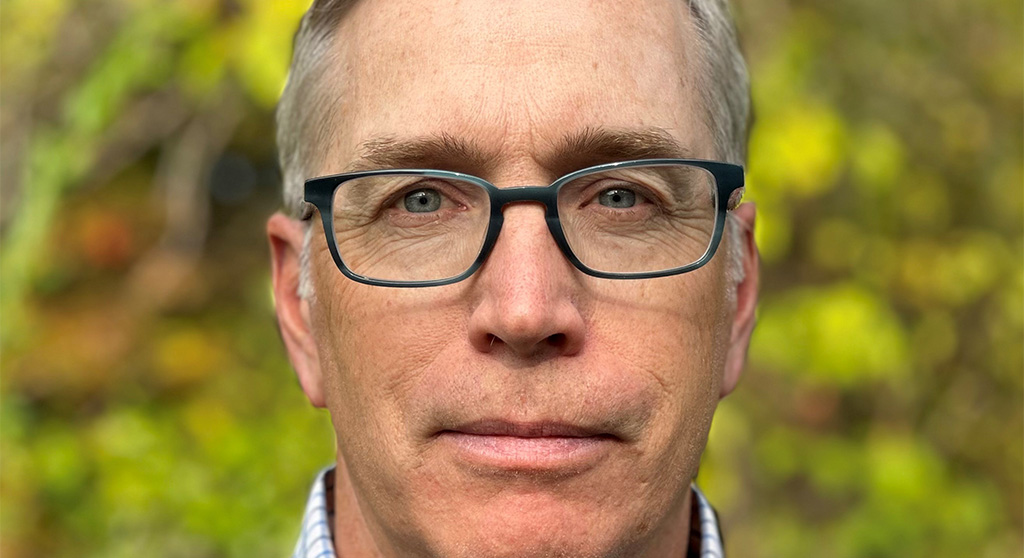

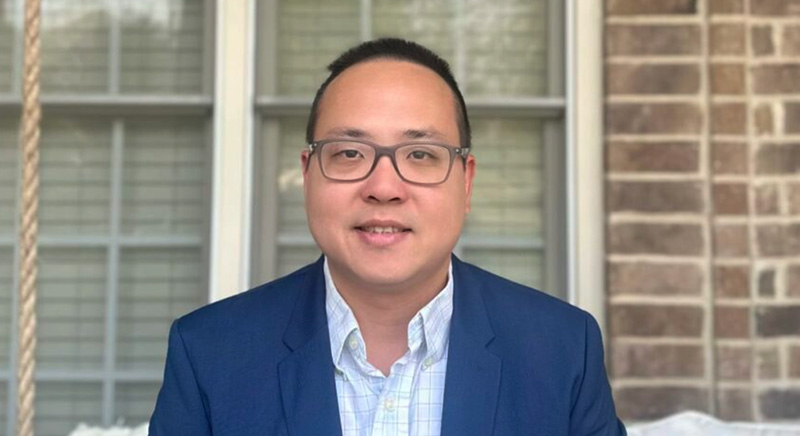

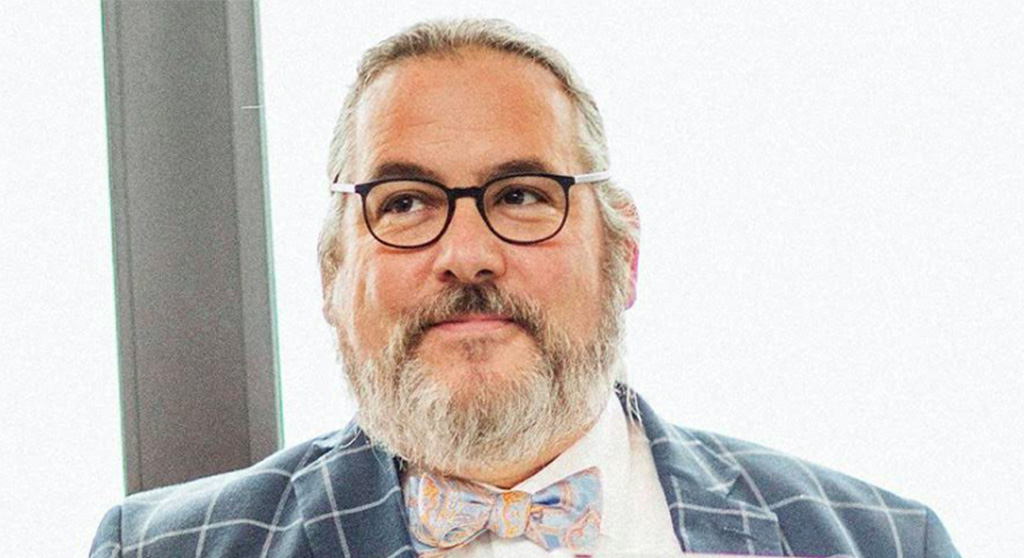
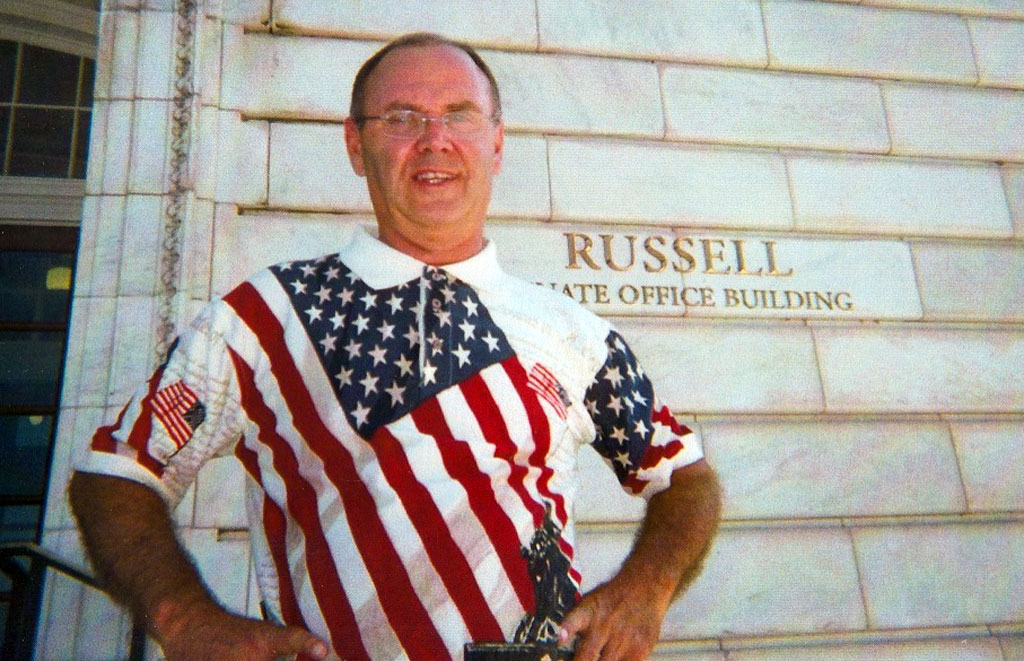

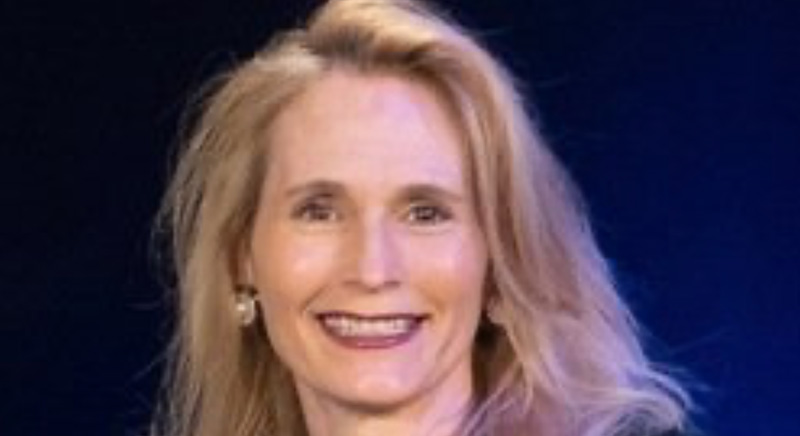
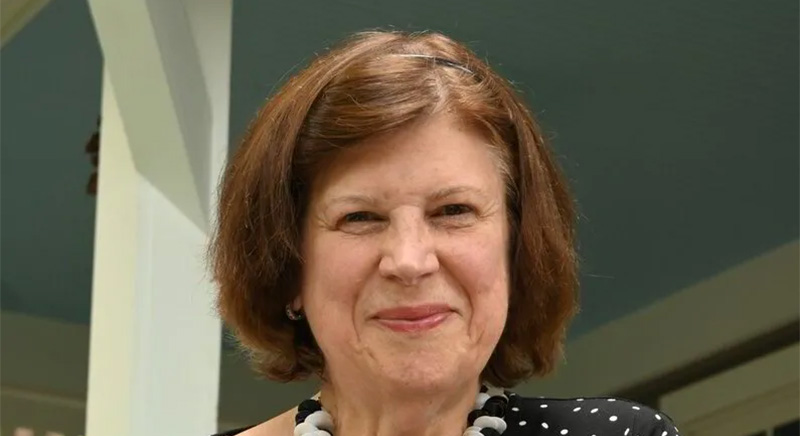

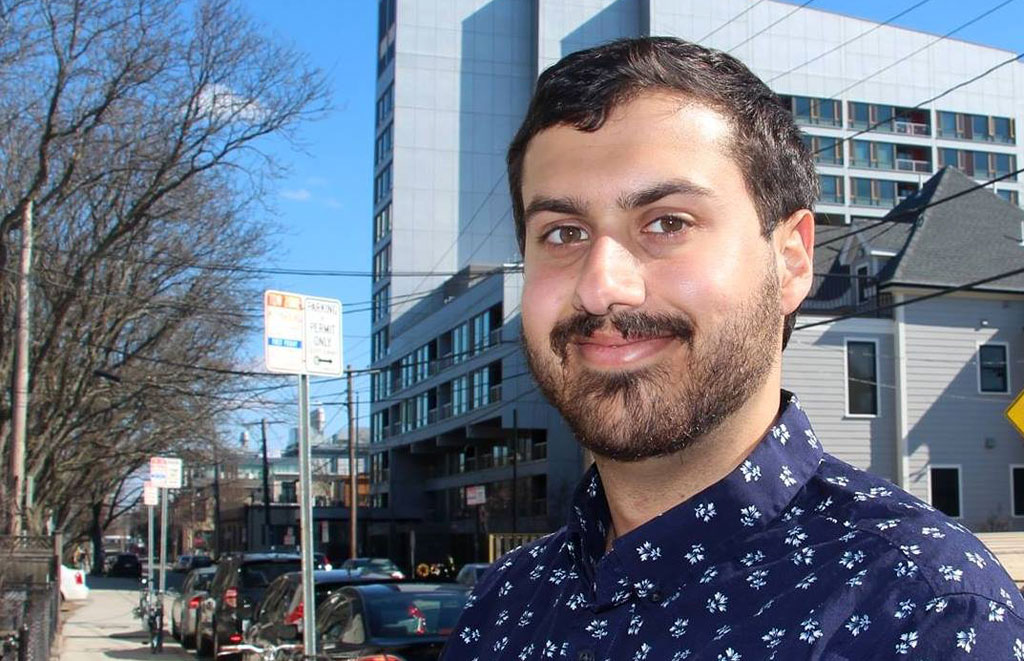

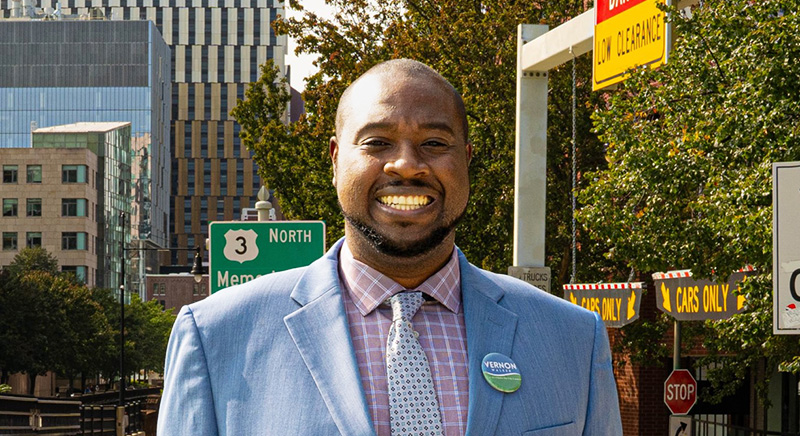


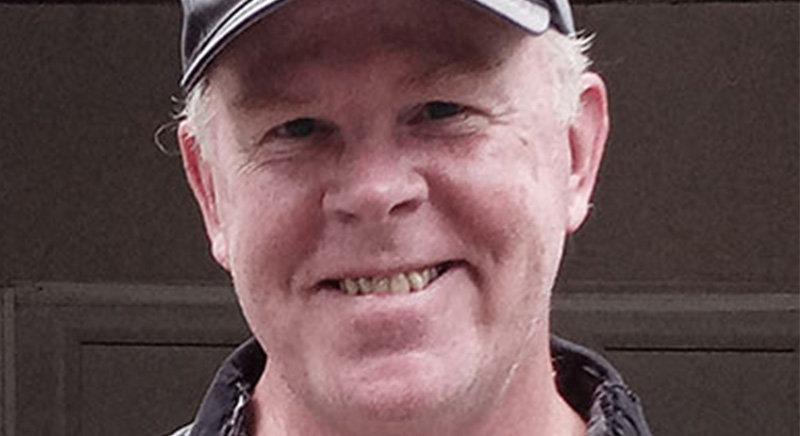
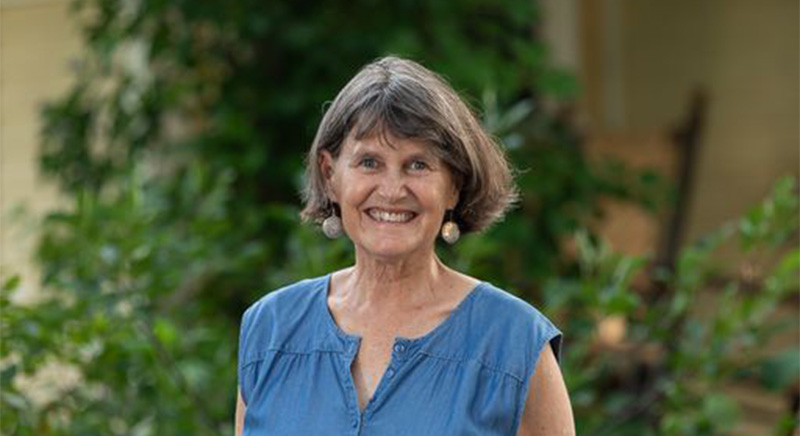







Editor. Please correct this. The author writes for ABC that “These candidates are generally friendly to the current council’s agenda. As a whole, the group approves of the CSO, AHO and Beudo.” That is NOT true. Denise Simmons, Ayesha Wilson and Joe McGuirk do not support it and refused to take the pledge. Moreover Chris Schmidt (who no longer lives in Cambridge but is still involved with the ABC-IE pac is endorsing/supporting on twitter/X ONLY those ABC endorsees who support the CSO/bike pledge – leaving out Simmons, Wilson and McGuirk.
I agree with Sanford! We should all vote for Simmons, Wilson, and McGuirk!
For more detail on which City Council candidates have committed to completing a network of safe, separated bike lanes, visit https://www.cambridgebikesafety.org/election/
If you walk or bike or your children, parents, grandparents, or neighbors walk or bike, your safety is on the ballot!
The article says generally, which is correct.
If we want to nitpick I’d point out some of the anti-CSO candidates literally sued the city to remove protected bike lanes. That’s a little stronger than wanting more “community input.”
Overall it’s a fine article.
Community input has only ever been an excuse to make sure nothing gets done, ever. We used to be a country of builders and dreamers and now we can’t even convert street gutters into bike lanes without the entire city exploding into a fit.
I feel like we can dispense with the argument that “Because of a perceived lack of community input as the city has rolled out the lanes, the ordinance has become the center of a debate about the council’s transparency.” There have been countless public meetings and informational sessions on the bike lanes, and a previous election where CSO supporters were voted into office. These candidates should have the courage of their convictions and just say they generally don’t want bike lanes.
I’d actually like to have learned what everyone else answered to the question “In 2050, how many people do they foresee living in Cambridge?” Yesterday I listened via Zoom to a Nigerian physicist talk about climate change. She’s on an IPCC working group and will be at COP28 at the end of the month. After a 45 minute presentation explaining the trends, computer models, the unprecedented rapidity of change, she indicated that if we want a world where the coming warming is more friendly to us, we have to be hard on ourselves now. Every single person must devote themselves. It can’t be a moderate effort, it can’t be some of us working on it with others not, nor can it be business as usual, because we’re too close to the tipping point. Then, when pressed by someone to give a timeline, she paused and just repeated that being hard on ourselves is the only path forward.
One thing I’ve learned is that when scientists are scared, we shouldn’t be arguing over the issues that will have no relevance in 2050, or in 2035! We should be lock step in working toward the goal. Kind of like when your out in a big canoe with friends, having fun, enjoying their company out on the water, joking, laughing, and then you notice friends way back at the shore are jumping up and down yelling at you trying to get your attention, and you turn to see a fast-moving storm headed your way. Then the wind whips up, and the rain starts, and at that moment every single person on the boat quickly goes silent and finds the rhythm and the strength to paddle the boat as fast and efficiently as possible back to safety. That’s where we’re at now, folks. The rain and winds have begun.
Jess,
Just as a fun exercise have you ever talked to CDD department heads about a policy they’ve adopted and how it might not be well thought out, effective, or just not something they’ve engaged enough people on and had them say, “Ya know … maybe you’re right. Let’s hit the breaks and recalibrate.” The lawsuit wasn’t the best use of anyone’s time and I kind of want to give the fuzzy eyeball to the attorney who took the case and likely their money. Our city departments aren’t generally interested in the input of “lay people” and often simply use citizens as ballast for a predetermined outcome. All I’m saying is I do not hold the folks who filed the lawsuit, including my idiot tenant and friend, in eternal damnable judgement. It’s also not disqualifying as a candidate to fight for something you’ve your back against the wall on. To my mind if we are going to send these people to the phantom zone then everyone who signed The Pledge ought to go their as well. There are more than enough questionable people the bike lobby has pushed that would be straight poison for this city.
At last, a grown-up campaign and the stark awakening that this is not Woodstock and we don’t agree with or love each other. Without Harvard and MIT the place would be a village in western Mass.
So vote for who you will….and wake up the next day and ask if your life is better..or if you’ve just embarrassed yourself, yet again.
The social contract doesn’t guarantee social mobility.
Patrick, as I imagine you must know given your hotel location, TPT has currently paused the rollout of protected bike lanes on Main Street to “gather more input.” This is after letting the street-front businesses on Main Street decide where to put the parking spots that would remain and holding numerous sessions about them plus public surveys, Zoom meetings, etc. So I don’t think it’s fair to say they are unresponsive—it seems like they are taking the need for input seriously but also balancing that with the fact that a lot of people simply don’t want bike lanes period and will never be happy because their real issue is with the outcome, not the process.
I do agree with Sanford that describing the ABC-endorsed candidates as being uniformly in support of the current council’s actions is misleading: I think that there is more range in the endorsed candidates than is supported by that statement. As a pro-housing organization, A Better Cambridge endorses candidates who are ready and willing to move the city forward on housing — fighting for more housing access for folks across the board.
Some of those endorsed candidates are also strong supporters of changes to increase street safety and expand alternative transportation options. As someone who personally puts thousands of miles a year on bikes in the Boston area — and who lends out bikes to others who put on thousands more — I have a strong personal investment in that as well, but that doesn’t compete with the ABC endorsements.
I recognize that you don’t have to agree with my views on street safety, enhancing opportunities for safe cycling, etc. to recognize the fundamental nature of our housing needs, which affect everything everyone does in this city. I think even that if you aren’t focused in expanding opportunities for safe cycling (and other alternative forms of transportation), it’s still possible to work together to solve the myriad needs of the city in creating and expanding opportunity for housing for everyone.
A Better Cambridge has endorsed a great list of candidates who will fight for better housing outcomes in the city, and can represent the broad range of views of people in the city who support fighting for better housing outcomes — even when those people don’t agree with me personally on every issue that’s important to me.
Patrick,
I don’t doubt you, but I haven’t had your same experiences with CDD. I’m generally sympathetic toward city staff who often take the brunt of in-person criticism, some of it bordering on abusive. (To be clear, I don’t think you’d engage in any of that.) There’s always room for improvement, but from what I’ve seen they do a pretty good job listening and trying to incorporate feedback on *how* the lanes are implemented, just not *if.* They have changed several designs in response to feedback. Whether or not bike lanes are installed at all isn’t their decision, so of course people whose input is, “I don’t want a bike lane here” are going to be disappointed. That decision has already been made and reaffirmed over several election cycles. I hope it’s reaffirmed again in this one.
I do think the “bike lobby” language is a little silly, though it’s not as bad as “special interest group.” Both make it sound like there’s some monied, corporate Big Bike interest looking to sway the election for financial gain, when it’s really just a big group of people who care a lot about being able to ride without getting doored or hit by cars. I think, “I would like to limit the risk to my and my loved ones’ lives” is a pretty understandable and upfront position. Many people just want to get where they’re going safely, so they’re advocating and organizing for that.
If anything I think it speaks well of the CSO that its supporters are numerous and engaged enough for opponents to call them a lobby.
lol…seems the need for friends or to be accepted bleeds into politics…lol…what the day after…jesus? new public financed meds?
@PatrickWBarret well put, but I disagree that the lawsuit was a complete waste. It got the City to acknowledge that the Porter Square extension was ill-conceived and executed, and made them reinstate a more neutral outlet for civil discussion.
Many of the candidates “against” the CSO seek to reform it, as clearly the timetable did not accomodate time for thorough planning. The City decided to skip over the needed surveys and impact reports meant to make the lanes safer and effective in favor of politically-pressured expediency.
There were numerous public discussions, but they were neither productive nor civil, as the early discussions got heated by partisan outcry and boycotts. And as you said, the litigants felt their backs on the wall.
1: climate crisis is here, it is caused by fossil fuels, and it will be bad. We must look at BEUDO as the first step at stopping our addiction to burning fossil fuels.
2: I strongly support CSO and safe bike lanes for me, my family, and everyone who gets around our fair city by walking and cycling.
John,
Sorry I didnt see your comment. The traffic and parking department reached out to me directly about Main St. We even had an on-site walkthrough. I’ve no issue with the Main St bike lane implementation but since I’ve tenants etc I like to at least meet and see what the plan is. At the time the plan was not fully baked. My experiences with the City, for the most part are good, but I’m a different kind of animal. I also know where the city is deficient and where some of the “true believers” cut corners. This is not to say they’re all bad. However as I think Jess put, there is much need of improvement. That being stated the parking in front of my hotel was removed ages ago … it really only affected loading and the lane they put in I think is too narrow and runs across a blind intersection into a park. The new plan, as I understand it, will correct this.